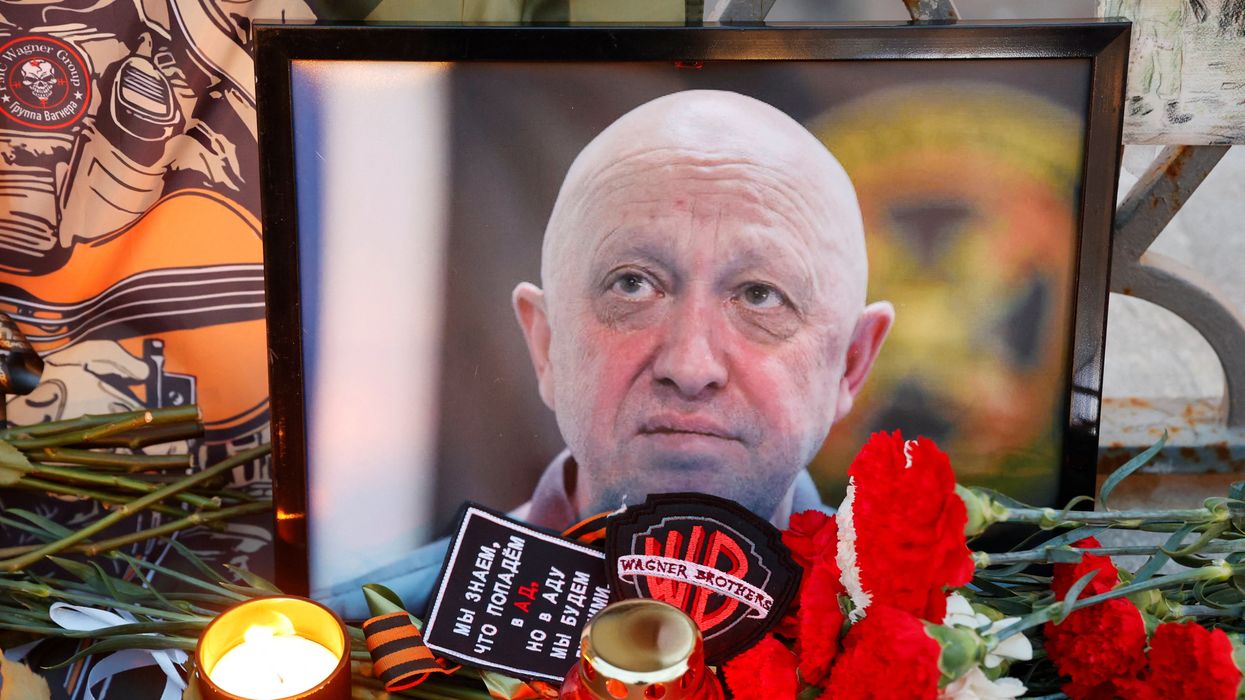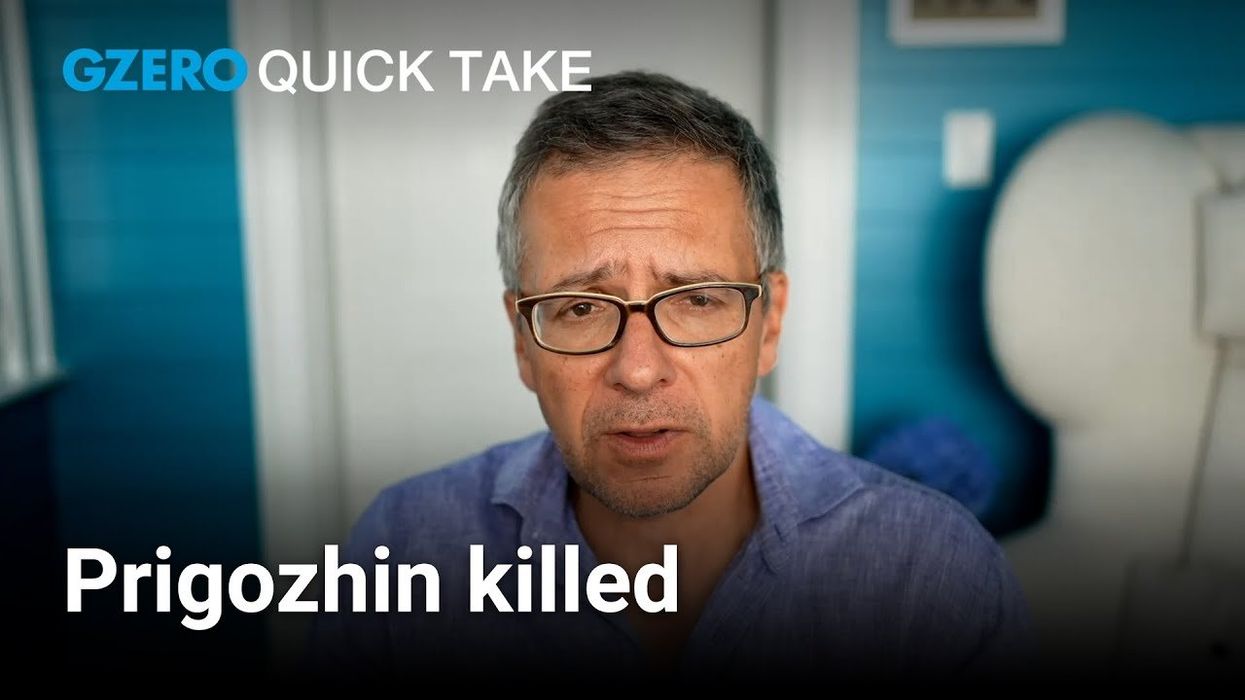popular
Wagner and Russia’s next moves
Russia has confirmed the identities of the 10 people who died in a plane crash last Wednesday northwest of Moscow. They included Yevgeny Prigozhin, founder of the Wagner Group, as well key associates Dmitry Utkin and Valery Chekalov.
Aug 28, 2023


